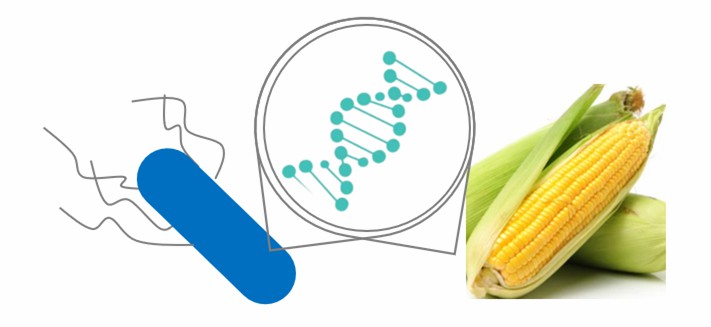Plant nematodes always cause serious damage and a reduction in crop yields. Most of the nematodes are obligate biotrophic parasites of plants, and their infection results in above-ground symptoms in plants like leaf necrosis, chlorosis, plant wilting, and stunted growth. It is essential to devise various management strategies against plant nematodes in economically important crop plants. Genetic engineering has proven a promising tool for developing biotic and abiotic stress tolerance in crop plants. Additionally, the genetic engineering leading to transgenic plants harboring nematode resistance genes has demonstrated its significance in plant nematology.
Lifeasible provides a range of services to our customers worldwide, including transgenic strategies based on natural resistance genes, proteinase inhibitor coding genes, anti-nematode coding genes, and RNA interference for targeting plant nematodes. With extensive experience and expertise in plant science, we are committed to providing you with timely and high-quality deliverables.
 Fig.1 Genetic engineering modification.
Fig.1 Genetic engineering modification.
Although proteinase inhibitors have shown the most promise in conferring nematode resistance in transgenic plants, several other classes of proteins with putative anti-nematode activity have also been investigated. We also provide a transgenic strategy based on other anti-nematode coding genes, including lectins, antibodies, Bt crystal proteins, and peptides that disrupt chemoreception in nematodes.
RNA interference (RNAi) has emerged as a very useful tool for gene-silencing aimed at the functional analysis of different genes by suppressing their expression in various organisms, including plant nematodes. We also provide RNAi services targeting plant nematodes via double-stranded RNA (dsRNA) or short interfering RNAs (siRNAs).
Lifeasible has been dedicated to planting science for many years. We'll finish your studies on time and within budget. We guarantee the confidentiality and sensitivity of our customer's data. If you are interested in our services or have any questions, please feel free to contact us or make an online inquiry.